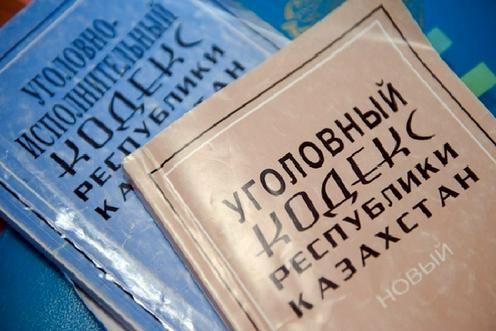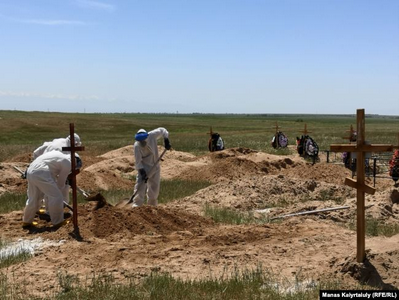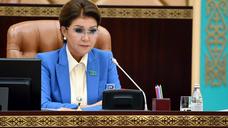Deputies in the Kazakh Mazhilis (lower chamber of parliament) have approved the transfer of legal provisions relating to defamation from the country’s criminal code to its administrative code, KazTAG reports (in Russian).
“This corresponds to international practice, that is, to the (OECD’s) Istanbul Anti-Corruption Action Plan,” stated MP Asylbek Smagulov during discussion of the draft bill («О внесении изменений и дополнений в некоторые законодательные акты РК по вопросам исполнительного производства»).
The draft law was approved today during the second reading and sent to the senate for review. International organisations such as Reporters Without Borders have previously made repeated appeals to the Kazakh government to decriminalise defamation in the country. In December 2019, President Qasym-Zhomart Toqaev opted to go ahead with decriminalisation. The decision came in the wake of several high-profile court cases.
In March last year, in the city of Petropavlovsk, the editor-in-chief of the newspaper Kvartal, Elena Kuznetsova, was given a one-year sentence of “restricted freedom” (generally a form of house arrest or restriction on movement) in a defamation case. The sentence was later overturned and the journalist was awarded damages for unlawful prosecution. And last autumn a court in the Turkestan region sentenced rights activist and local newspaper editor Amangeldy Batyrbekov to two years and three months in prison for insult and defamation over a Facebook post he wrote about the head of a local education department.
In March this year, a set of proposed legal amendments relating to the decriminalisation of defamation was published on a government website. They envisaged the replacement of prison sentences with fines ranging between $1,000 and $4,000 or detention for a period of up to 30 days. The current criminal code of Kazakhstan stipulates punishments for defamation in the form of a fine of up to $20,000 or imprisonment or restricted freedom for a period of up to three years.
The proposals were criticised at the time by local free speech NGO Adil Soz. The rights organisation argued that defamation disputes should be regarded as private disputes between individuals and thus dealt with within the realm of civil or private law, and not as semi-public offences (which is what administrative code charges effectively are) handled by the police.










